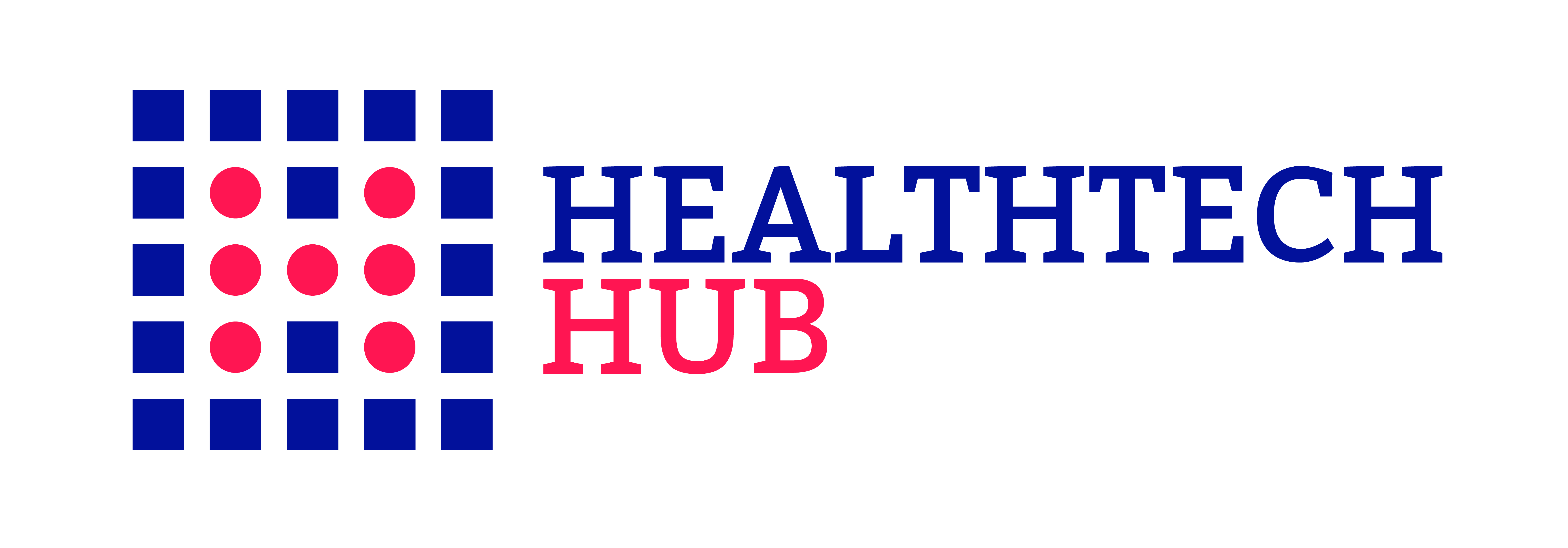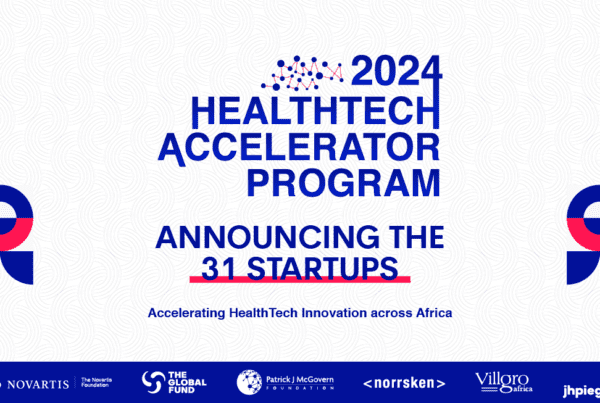
Source – Freepik
The African continent has long faced numerous healthcare challenges, including a lack of access to essential healthcare services, a shortage of qualified medical personnel, and inadequate healthcare infrastructure. However, the rise of health-tech startups in Africa is changing the narrative, as these startups are leveraging technology to improve healthcare delivery. Despite their numerous challenges, African health-tech startups are breaking barriers and improving healthcare access and quality for millions of people on the continent.
One of the main barriers African health-tech startups face is the lack of access to funding. Most African countries have underdeveloped venture capital markets, making it difficult for startups to access funding. Additionally, investors are often wary of investing in startups due to the high risk associated with these ventures. However, health-tech startups in Africa have overcome this challenge by adopting innovative financing models.
Crowdfunding, for instance, has become increasingly popular among African health-tech startups. Crowdfunding allows startups to raise funds from many people, often through online platforms. This method of funding provides startups with the necessary capital and helps them validate their ideas and gauge market interest.
Another challenge health-tech startups in Africa face is the lack of regulatory frameworks. The healthcare industry in Africa is highly regulated, and startups must comply with various laws and regulations. However, in most African countries, clear regulatory frameworks specifically addressing health-tech startups are lacking. This can lead to confusion and uncertainty for startups, making it difficult for them to operate and grow.
To overcome this challenge, some African health-tech startups have worked with regulatory bodies to develop frameworks tailored to their needs. By working collaboratively with regulators, health-tech startups can ensure that they operate within the boundaries of the law while still innovating and providing much-needed healthcare solutions to the people.
Inadequate healthcare infrastructure is another barrier that health-tech startups in Africa must overcome. In many African countries, healthcare infrastructure is underdeveloped, with limited access to basic amenities such as electricity and running water. This can make it difficult for startups to develop and implement technology-driven healthcare solutions.
However, African health-tech startups have overcome this challenge by adopting innovative solutions that do not rely on traditional healthcare infrastructure. For instance, some startups have developed mobile health solutions that can be accessed through smartphones, enabling people to receive healthcare services regardless of location. Other startups have developed low-cost medical devices that do not require extensive infrastructure, making it easier for people in remote areas to access essential healthcare services.
One of the biggest challenges health-tech startups in Africa face is the shortage of qualified medical personnel. According to the World Health Organization (WHO), Africa has the lowest density of healthcare workers globally, with just one doctor for every 5,000 people. This shortage makes it difficult for startups to recruit qualified personnel, which can affect the quality of healthcare services provided.
Some health-tech startups in Africa have adopted a collaborative approach to overcome this challenge. By partnering with local healthcare organizations and training institutions, startups can recruit qualified personnel and provide training opportunities that help bridge the skills gap. Additionally, some startups have developed telemedicine solutions enabling healthcare workers to collaborate and provide remote consultations, improving the quality of healthcare services.
Several African health-tech startups have successfully overcome the abovementioned barriers and are improving healthcare access and quality on the continent.
Flutterwave is a fintech startup helping improve access to healthcare financing in Africa. Through its payment platform, Flutterwave enables individuals to pay for healthcare services and products using various payment methods, including mobile money and credit cards. This makes healthcare services and products more accessible, regardless of location or financial status.
Peach Health is a South African startup using technology to improve healthcare delivery in rural areas. The company has developed a mobile app that enables patients to connect with healthcare providers and receive remote consultations. The app enables healthcare providers to access patient medical records and provide personalized care.
Finally, Zipline is a Rwandan startup using drones to deliver critical medical supplies, including blood and vaccines, to remote areas of the country. Through its network of distribution centres, Zipline can deliver medical supplies quickly and efficiently, reducing the time it takes for patients to receive critical care.
In conclusion, African health-tech startups are overcoming numerous challenges and improving healthcare access and quality on the continent. Through innovative financing models, collaboration with regulatory bodies, and the development of technology-driven solutions that do not rely on traditional healthcare infrastructure, these startups are transforming the healthcare industry in Africa. Examples of successful startups like Flutterwave, Peach Health, and Zipline demonstrate these startups’ impact on healthcare delivery in Africa and offer hope for a brighter future for healthcare on the continent.






